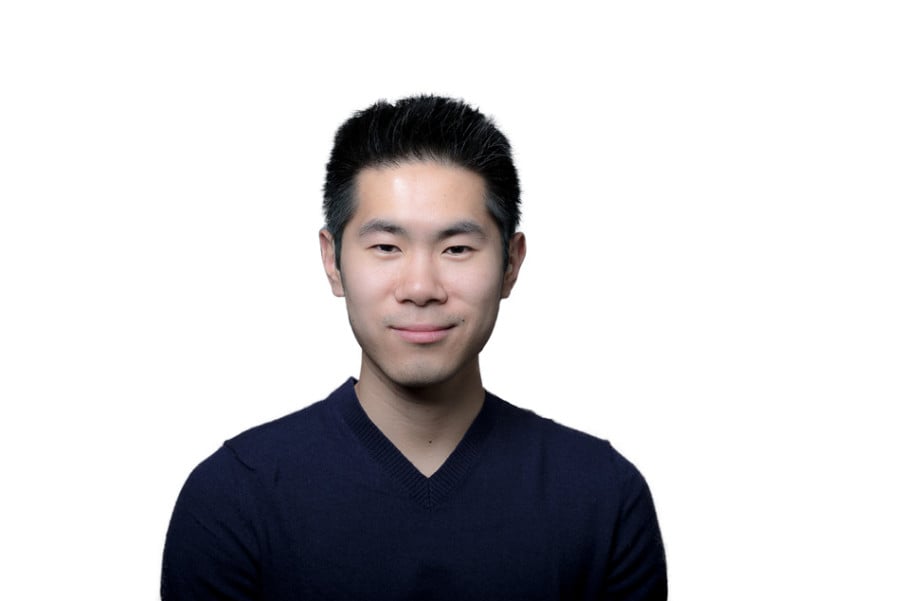Chou: There is value in free and offending expression
April 16, 2015
The modern day college campus is a prime case study for exploring the delicate balancing act facing America today between our freedom and our safety, where the distinction between right and wrong is vague at best and invisible at worst. The situation is especially muddied in the arena of free speech.
For example, consider the controversy at the University of Michigan last week after the university canceled a screening of the Oscar-nominated film, “American Sniper” in response to a student petition, but then backtracked and showed the film in response to more student backlash. The film was originally planned as a part of UMix, a series of University-staged free social events for students. However, some students complained that the movie’s depiction of Middle Eastern culture and people was negative and offensive. After the University pulled the film, a counter-petition was launched urging administrators to allow students to make their own choices on the issue, to which the University acquiesced. Even new head football coach, Jim Harbaugh, tweeted a statement saying he intended to show the film to his players.
Though a sensitive topic, I applaud Michigan for recognizing its students are mature enough to decide to see the movie. But, perhaps more importantly, the students deserved that right. For as admirable as it is to strive to ensure the physical and emotional welfare of its students, it is neither progressive nor conducive for either society or a university to limit free speech, political views or artistic expression.
Last month, I read a fantastic column in The New York Times lamenting that college campuses have become so dedicated to creating “safe spaces” that students are increasingly sheltered from challenging or opposing ideas. And oftentimes the students themselves clamor for the accommodations. The column discusses the student backlash at Northwestern after Communication Prof. Laura Kipnis wrote an op-ed saying students were too sensitive about issues surrounding sexual assault and also points to examples at other universities. Though these students’ activism and dedication are praiseworthy, too often the resulting response by spineless administrators results in the stifling of legitimate points of view.
Condoleezza Rice withdrew from speaking at the 2014 Rutgers University commencement due to protesting students who disagreed with her past connections to the Iraq War. Other figures like International Monetary Fund managing director Christine Lagarde, television personality Ann Coulter and Supreme Court Chief Justice John Roberts have all similarly been “uninvited” from graduation ceremonies in the past. Brandeis University even rescinded an honorary degree from Ayaan Hirsi Ali last year for fear of offending Muslim students.
How can any university claim to be an institution of higher learning and thinking or seek to foster an inclusive environment if it does not provide opportunities for such inclusion and critical thinking to occur? Of course, universities also must ensure the safety of their students, but they must err on the side of freedom when it comes to information and ideas. The reality is that beyond the boundaries of Northwestern, there are no safeguards against ideas or actions that may offend. Colleges and universities must provide not just a safe space, but a controlled space in which students can be supported as they try new things and absorb new ideas.
Instead of being shunned, speech that may offend should be applauded for only such expressions can push the boundaries of modern thought. And only by pushing boundaries can we make progress. Feeling “uncomfortable” is a test of one’s own ideology, which is the only way we can discover our own convictions. As to whether everyone should strive to challenge themselves with opposing views, well, that too is a choice.
Curtis Chou is a Communication senior. He can be reached at [email protected]. If you want to respond publicly to this column, send a Letter to the Editor to [email protected].


